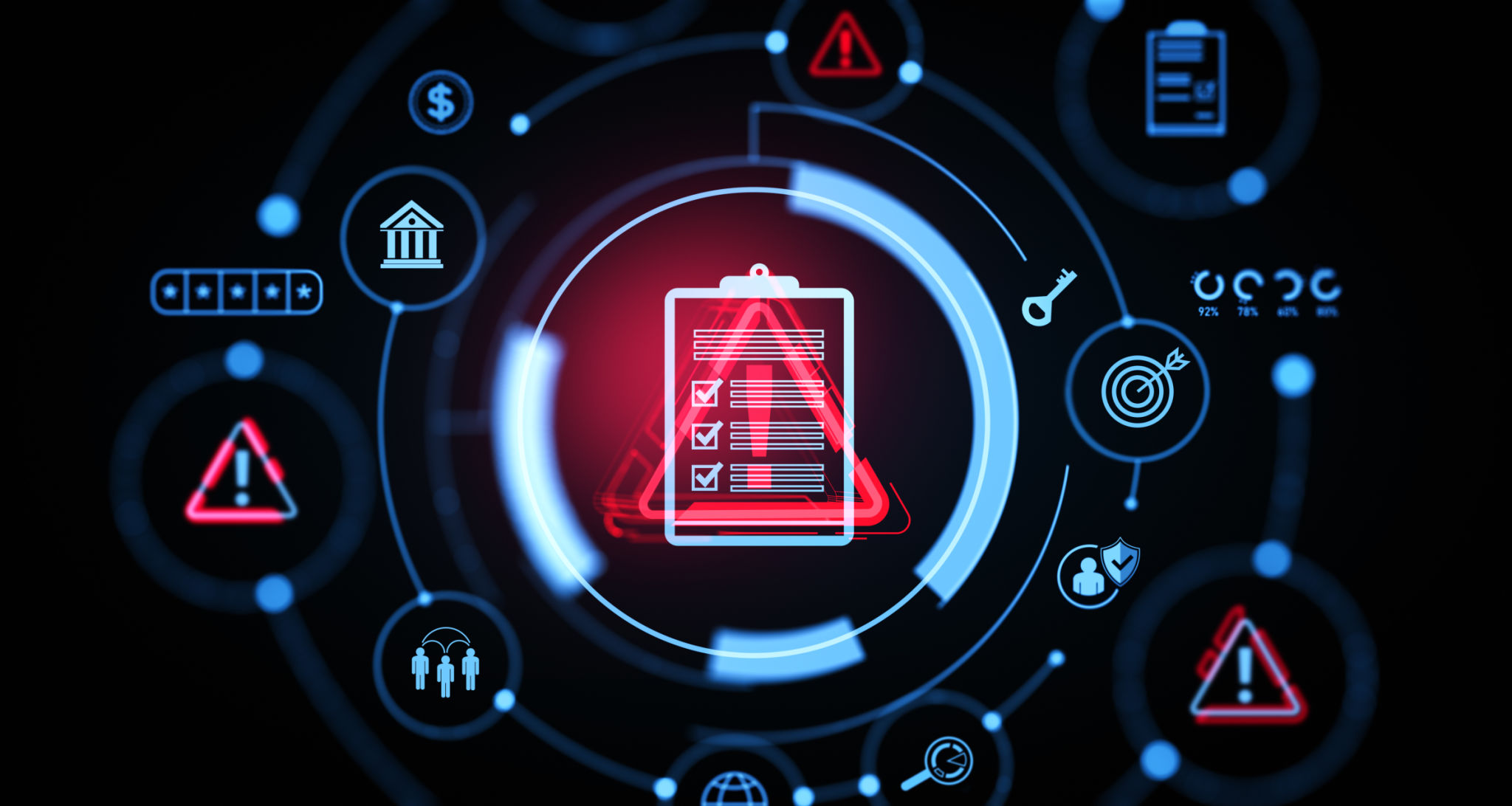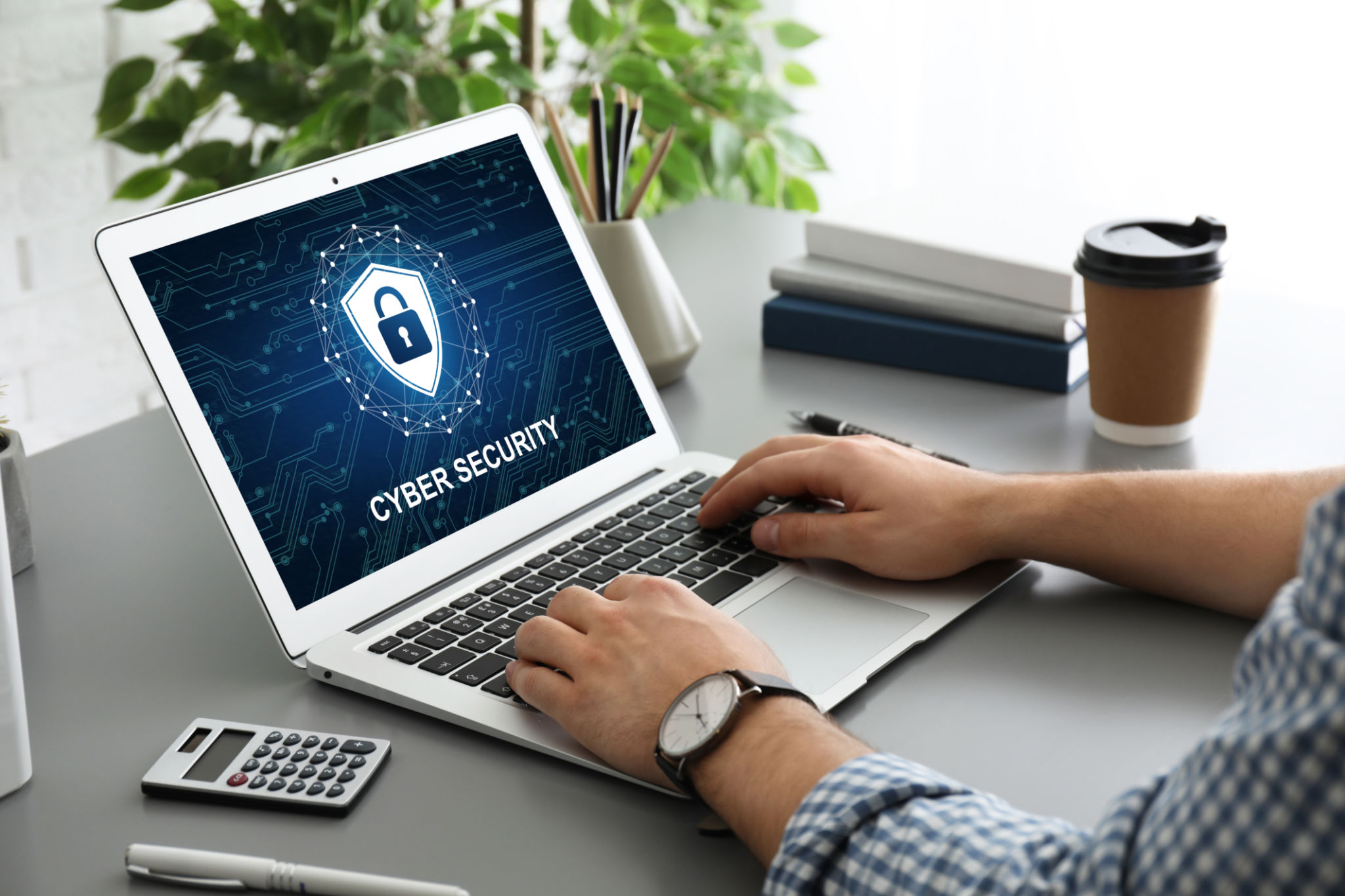Myths About Cybersecurity: Separating Fact from Fiction
The State of Cybersecurity
Cybersecurity is a critical concern for businesses and individuals worldwide, and the United Arab Emirates is no exception. As a rapidly developing nation, the UAE has embraced technology at an impressive pace. However, with this technological advancement comes the increased risk of cyber threats. Despite this, many myths persist about cybersecurity in the region, leading to misconceptions and inadequate protection measures.
Understanding the specific challenges and realities of cybersecurity in the UAE is crucial for both companies and individuals. By separating fact from fiction, we can better prepare and protect ourselves against potential threats.

Myth 1: Cyber Threats Are Only a Concern for Large Corporations
One common myth is that only large corporations need to worry about cybersecurity threats. This is simply not true. Small to medium-sized businesses (SMBs) are often seen as easy targets by cybercriminals due to their typically less robust security measures. In fact, smaller businesses may face even greater risks because they often lack the resources to implement comprehensive cybersecurity strategies.
It’s essential for SMBs in the UAE to invest in cybersecurity measures and educate their employees about potential threats. Regularly updating software, using strong passwords, and implementing multi-factor authentication are basic steps that can significantly enhance security.
Myth 2: The Government Handles All Cybersecurity Risks
While the UAE government has made significant strides in enhancing cybersecurity infrastructure and regulations, it is a myth that they can handle all cybersecurity risks alone. The responsibility of protecting digital assets is a shared one, involving both public and private sectors. Each organization must implement its own security measures to complement governmental efforts.

The UAE's National Cybersecurity Strategy aims to create a secure and resilient cyber environment, but businesses still play a crucial role in safeguarding their own data and systems. Engaging with government initiatives and staying informed about regulatory changes can strengthen an organization's cybersecurity posture.
Myth 3: Cybersecurity Is Only About Technology
Another prevalent myth is that cybersecurity is solely about technology. While having the latest technological defenses is vital, human factors also play a significant role. Many cyber incidents are caused by human error, such as falling for phishing scams or using weak passwords.
Organizations should focus on employee training and awareness programs to reduce human-related vulnerabilities. By fostering a culture of cybersecurity awareness, companies can empower their workforce to recognize and respond to potential threats effectively.

Myth 4: Cybersecurity Is Too Expensive
Some businesses shy away from investing in cybersecurity due to perceived high costs. However, the cost of a cyber attack can far exceed the investment in preventive measures. Data breaches can lead to financial losses, damage to reputation, and loss of customer trust.
Implementing a proactive cybersecurity strategy doesn't have to break the bank. Many cost-effective solutions are available, such as cloud-based security services and open-source tools. Additionally, prioritizing cybersecurity spending based on risk assessment can help allocate resources effectively.
Conclusion
In the fast-evolving digital landscape of the UAE, understanding the realities of cybersecurity is more important than ever. By dispelling these myths, businesses and individuals can take informed steps towards protecting their digital assets. Whether you're a large corporation or a small startup, prioritizing cybersecurity will help ensure your safety and success in today's interconnected world.
